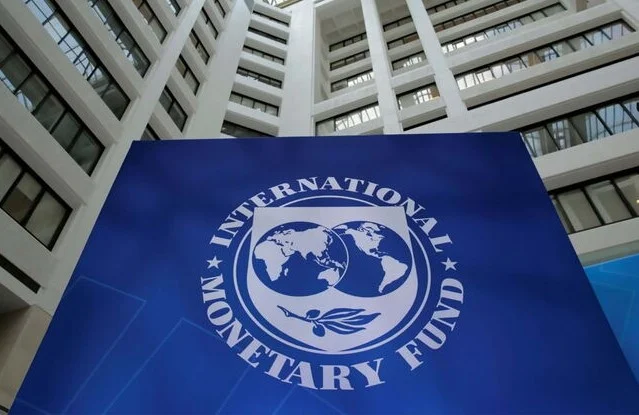
PHOTO | IMF: The International Monetary Fund (IMF) headquarters in Washington, DC.
In Summary:
- IMF suggests family planning as a key to achieving development goals in Kenya, Nigeria, and Senegal.
- Investment in family planning could significantly increase per capita income and reduce maternal and infant mortality.
The International Monetary Fund (IMF) has recommended that Kenya, Nigeria, and Senegal adopt comprehensive family planning measures to accelerate their development goals.
In a working paper titled “Exploring the Role of Public Expenditure in Advancing Female Economic Empowerment and Gender Equality,” published on May 24, the IMF identified family planning as one of the most cost-effective development strategies.
The paper emphasized that allocating funds for family planning not only promotes development activities but also plays a crucial role in saving mothers’ lives and reducing childbirth-related complications. Additionally, it highlighted that this approach could save the lives of infants and children.
The IMF’s analysis projected that by addressing just one-third of the unmet need for family planning by 2030, Kenya, Nigeria, and Senegal could each boost their per capita income by 8 to 13 percent.
The report noted that the majority of family planning funding in 69 tracked countries comes from international donors, accounting for 48 percent of the total. Domestic governments contribute 35 percent, while 17 percent comes from out-of-pocket spending.
The paper compared the maternal death risks between high-income and developing countries, pointing out that in high-income countries, the lifetime risk of maternal death is one in 5,400, whereas in Kenya and similar nations, the risk is significantly higher at one in 45.
Highlighting the long-term economic benefits, the IMF’s paper revealed that every USD 1 invested in meeting the unmet needs for contraceptives could yield USD 120 in health and economic benefits by reducing maternal and infant mortality and preventing unintended pregnancies.
By embracing family planning, Kenya, Nigeria, and Senegal stand to gain substantial development opportunities and improved health outcomes for their populations.
